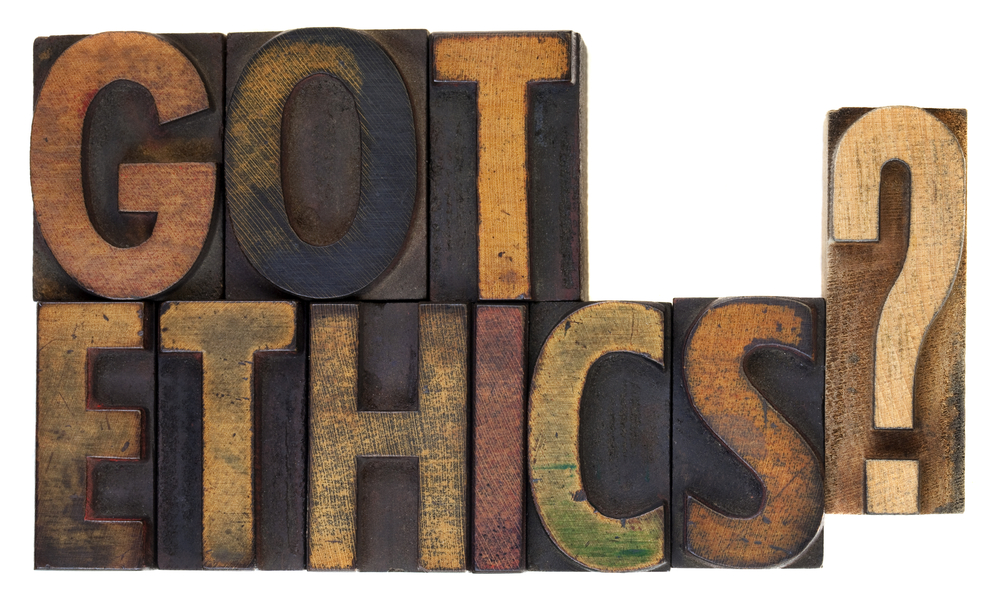Seeking True Happiness? Get to Work.
By Amy Willis
What does it mean to really be happy- to experience what the Greeks called eudaimonia? And how can a centuries old text help you achieve it? In this episode, EconTalk host Russ Roberts welcomed a long-time teacher-and reader- of classic works, Leon Kass, to explore this question.

The conversation revolves a great deal around Aristotle’s Nicomachean Ethics, which Kass describes as Aristotle’s attempt to answer the question, what’s a good human life? Have you yet read Aristotle’s masterpiece? If not, what would it take to get you to do so? Kass is convincing in his advocacy of it- especially as he confesses to having hated it on his first encounter. Until we can read it together (we should, don’t you think?), let’s continue the conversation here. You might even want to start your own conversation offline using the prompts below.
1- What are the four different types of lives, according to Aristotle? How do they relate to one another, and which should be the most esteemed?
2- How are virtues acquired, according to Aristotle? What does Kass mean when he refers to happiness as activity– to have to be “at work” to flourish? What sort of freedom arises from the ability to act “without impediment”?
3- What distinguishes the intellectual from the moral virtues? What does Kass mean when he says the the virtues of intellect need the virtues of character?
4- Why are “epitomes of virtue” important? Kass says, “to be in touch with greatness, to admire it, to really admire excellence, pays tribute also to the appreciator as much as it does to the ones who are excellent.” How? Roberts and Kass discuss Winston Churchill as one such example; what other(s) would you offer? Explain.
5- Roberts asks Kass how teaching and reading Aristotle has changed how he lives? How does he reply? What’s a book that has changed the way you live, and in what way(s)?

